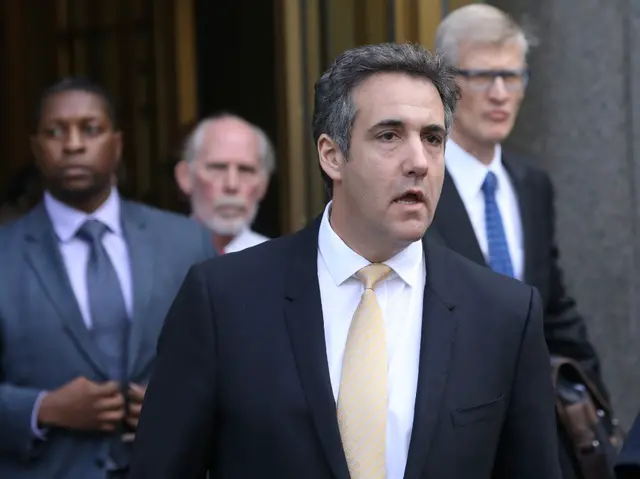Top Russian officials have expressed dismay at military-political cooperation with NATO and want trust-building measures to enhance security in Europe.
"The acute anti-missile defense problem, the unilateral unlimited increase of the anti-missile potential could damage Russian defense interests and create serious obstacles for implementation of undivided European security," Defense Minister Sergei Shoigu said at the Moscow-European Security Conference here Thursday.
He said the deficit of trust remained a remnant of the Cold War and much should be done to erect a sound judicial base for a collective Euro-Atlantic architecture.
Russian Defense Minister Sergei Shoigu speaks at the Moscow-European Security Conference in Moscow, Russia, May 23, 2013. (Xinhua/Jiang Kehong)
Sergei Ivanov, chief of the Kremlin administration, said the Western approach inevitably undermined the principal of equal security and degraded mutual trust.
"The logic of (NATO's) unilateral steps still prevails, without taking into account the concerns of the other countries," he said, echoing Shoigu's assessment NATO's anti-missile defense system was at the core of Russia-NATO discord.
"Only judicially binding international agreements can provide a working mechanism of arms control," the Interfax news agency quoted Ivanov as saying.
Russia sought a guarantee the anti-missile defense system would target only threats coming from outside the Euro-Atlantic region, the official said.
Russian Foreign Minister Sergei Lavrov mentioned the altered military balance in Europe in the past two decades, saying NATO's move to modernize and increase offensive arms had undermined security on the continent.
The current process of military decision-making in Europe, as Lavrov sees it, is outdated.
"Obviously, the current model of military-political decision-making has been seriously behind the advanced level of trade-investment links, as well as energy, cultural, scientific and tourism cooperation," the minister said.
He said Moscow had been willing to find points of commonality with NATO and the European Union.
"We are ready to seek the possibilities to link our approaches, to find mutually acceptable solutions to the crisis management," the top diplomat said, calling the Russia-NATO Council a "unique floor" for early detection of future threats and joint measures to neutralize them.
NATO Deputy Secretary General Dirk Brengelmann agreed with the conference's hosts that the alliance and Russia should agree on judicially binding obligations on security policy.
"We need a political will to form the common obligations in security sphere, which should be judicially binding," he said, adding NATO sometimes lacked consensus required to adopt a decision.
The conference was attended by defense ministers of NATO and Collective Security Treaty Organization countries, Organization for Security and Cooperation in Europe Secretary General Lamberto Zannier and other political and military officials and experts.
The situation in Afghanistan was also discussed, with experts forecasting it will become more complicated after NATO's planned withdrawal in 2014.
 简体中文
简体中文

